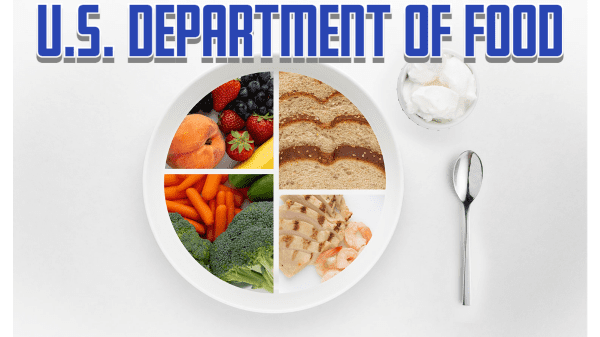Those who (like everyone in the produce industry) have a vested interest in food safety may have been following the shakeups, real and proposed, for the troubled Food and Drug Administration (FDA).
The FDA announced some proposed changes on January 31. For more details, see Unpacking FDA changes – Produce Blue Book and FDA proposes redesign of Human Foods Program – Produce Blue Book.

Some response to this proposal has been favorable—for example, from the International Fresh Produce Association (IFPA) BB #:378962. IFPA supports FDA food plan, awaits details – Produce Blue Book
“The changes proposed . . . represent significant steps in the right direction. The vision laid out by the commissioner is likely to streamline decision-making within the agency,” said Jennifer McEntire, chief food safety and regulatory officer for the IFPA.
Not everybody feels that way. A number of organizations, including Western Growers, the American Frozen Food Institute, and the Association of Food and Drug Officials, have sent a letter to Xavier Becerra, secretary of the federal Department of Health and Human Services, contending that the proposals don’t go far enough. Coalition speaks out against luke warm plan for proposed FDA reorganization | Food Safety News
The letter cited recommendations from a policy panel created by the Reagan-Udall Foundation for FDA: “Every organizational option the panel provided called for unifying all elements of the program under a new deputy commissioner with direct line management authority and accountability for the program’s success.”
The letter continues: “The reform proposal the Commissioner announced on January 31 falls far short of what is required for FDA to succeed in its food safety mission because the proposed Deputy Commissioner role appears to lack the authority needed to implement and sustain the needed changes.”
The FDA proposal did create a deputy commissioner but did not endow that position with “direct line authority,” the letter pointed out.
What is direct line authority, and why is it important?
“Line authority involves centralization of power, a clear chain of command, and work directly related to the company’s customer-facing products or services,” I learn from the Internet. https://www.masterclass.com/articles/staff-authority
That’s a pretty big problem. The organizations also objected to the exclusion of the FDA’s Center for Veterinary Medicine “that directly relate to food safety and FSMA implementation.
“We advised the Commissioner of our concerns in the attached letter and met with him on this matter on February 14,” the letter continued. “Our group left with the sense that the Commissioner did not feel that direct line authority was needed but encouraged us to continue expressing our concerns.
“We understand that organizational change can be difficult and often faces internal resistance, but the result of the Commissioner’s half step is that the Food Program will remain organizationally fragmented with a divided leadership structure. Extensive experience has shown that this structure is not sufficient in supporting FDA’s public health mission and will not contribute to badly needed cultural changes.”
It is now clear that interim measures such as these are not good enough for many people.
More than once, I have proposed my own answer, which, I believe, is the only truly feasible one and the one that will eventually be adopted (whether or not I get any credit for it): the creation of a new Department of Food and Nutrition consolidating all functions of the federal government related to food (including food safety) and headed by a cabinet-level secretary. Time for a Department of Food – Produce Blue Book
It must happen. It will happen—in the long run.



